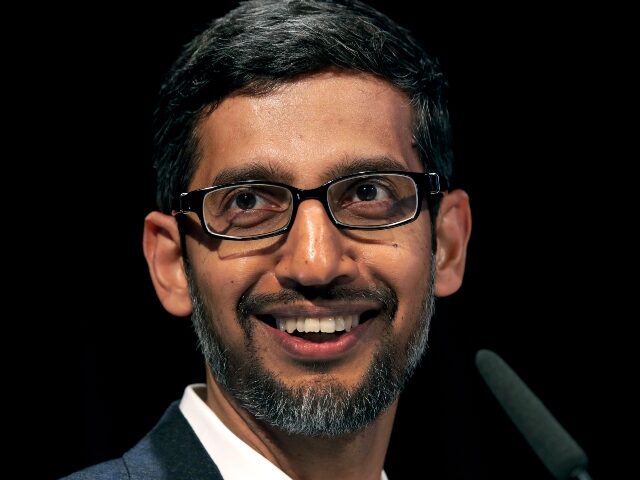In an ongoing antitrust trial, Google is pushing back against the U.S. Justice Department’s accusations that it operates its ad business as a monopoly. In the face of emails and other internal documents laying out Google’s plan to crush rivals by increasing its stranglehold on the advertising market, one executive testified Monday that “We keep looking for ways to make products better.”
Courthouse News reports that Google is fighting back against claims made by the DOJ that it has been relentlessly seizing control of high-tech tools used by publishers, advertisers, and brokers to facilitate digital advertising as the antitrust case against the internet giant enters its third week. Google’s executives are testifying that the company is misunderstood and acting in the best interests of publishers.
Nitish Korula, a research scientist and engineering director for Google, took the stand on Monday to defend the company’s practices. “Innovation is at the heart of this business,” Korula said. “It’s a rapidly changing business. We keep looking for ways to make products better.” He described how Google guides publishers through the process of monetizing their websites and determining the kinds of ads appropriate for their brands.
Despite these claims, evidence brought by the government demonstrates that Google has changed ad tools in the past to favor itself, a far cry from representing the interests of publisers. As Breitbart News previously reported:
Internal emails and documents shown in court revealed that Google employees discussed the company losing revenue because publishers were using their ability to set a higher minimum for bids from Google’s AdX than for other exchanges. As a result, when ads were offered through multiple exchanges, publishers often sold to exchanges other than Google’s.
The documents also showed that Google knew publishers were willing to accept making less money on some ad sales in exchange for the ability to preference other ad tech companies, such as those who charged a lower fee. In a 2017 email thread, Google executives discussed how this helps publishers “keep Google at bay and put pressure on us (similar to any industry).”
As Google prepared to terminate the feature in 2019, employees discussed ways to mitigate potential blowback from publishers. Nitish Korula, then a research scientist at Google, stated in an email that rolling out the change by itself “would be viewed as pure loss of functionality that we’re doing for our own (perceived ‘nefarious/self serving’ reasons).”
Throughout the trial, witnesses have discussed various types of bidding in the web industry, including header bidding, which allows publishers to solicit and receive bids for their ad inventory. Korula stated that Google does not place limits on header bidding, despite the government’s claims.
Google has also developed its own method called open bidding, which prosecutors described as a “Trojan Horse” used by Google to further cement its monopoly power. In open bidding, other ad exchanges can purchase publisher ad inventory, but only by paying Google a 5 percent revenue share fee, providing key bid data to Google, and restricting the demand used to compete in the auction. Korula maintained that open bidding was “better at addressing publisher needs.”
Google’s attorneys also challenged the government’s narrative that publishers had no choice but to use Google’s services. Witnesses testified that Google must compete for business, and a Microsoft executive, Ben John, stated in a deposition that his company was able to “migrate customers” away from Google.
The government rested its case on Friday, and it is now up to Google to convince U.S. District Judge Leonie Brinkema that the Justice Department’s antitrust division lacks a thorough understanding of the Silicon Valley world. While Judge Brinkema has scolded Google attorneys for presenting repetitious witnesses and “loading up the record with documents,” she has also told government attorneys that their case needed fine-tuning.
Google is notorious for attempting to hide its internal communications from investigators, a policy that could backfire in this case. As Breitbart News previously reported:
The Verge reports that the DOJ has accused Google employees of liberally labeling their emails as “privileged and confidential” and engaging in “off the record” chat messages, even after being instructed to preserve their communications for investigators. This revelation has come to light during Google’s second antitrust trial in a Virginia court over the past couple of weeks.
According to the DOJ’s lawyers, this strategy could have serious consequences for Google if the judge believes the company intentionally destroyed evidence that would have been detrimental to its case. In the worst-case scenario, the judge could issue an adverse inference about Google’s missing documents, assuming they would have been unfavorable to the company’s defense.
Read more at Courthouse New here.
Lucas Nolan is a reporter for Breitbart News covering issues of free speech and online censorship.

COMMENTS
Please let us know if you're having issues with commenting.